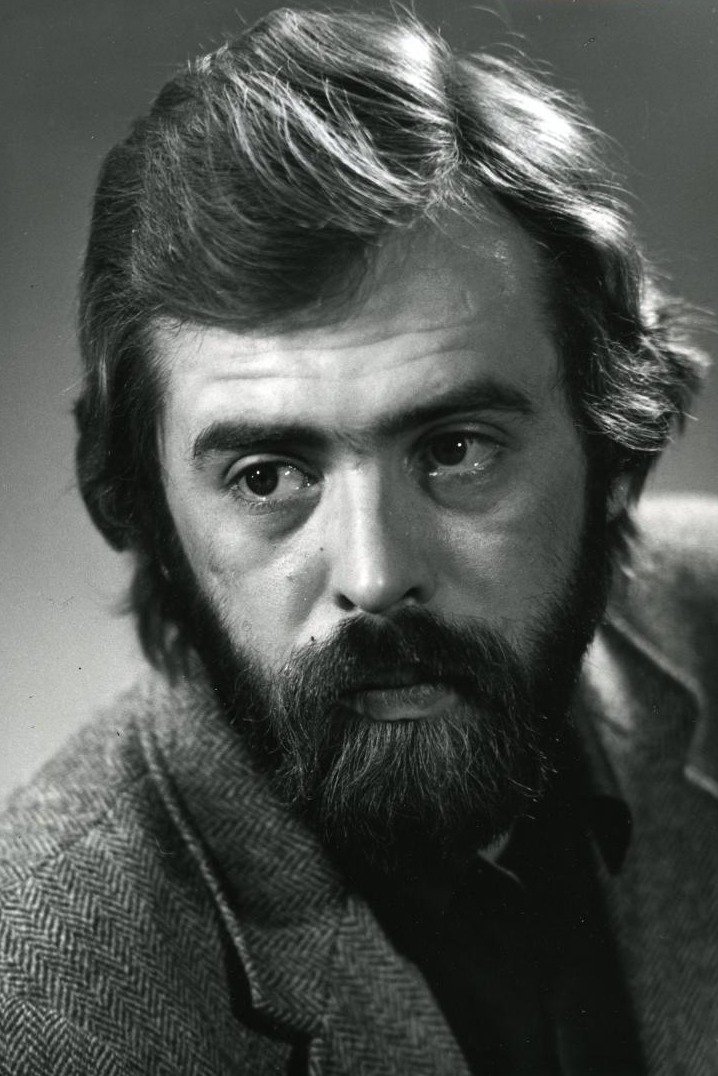
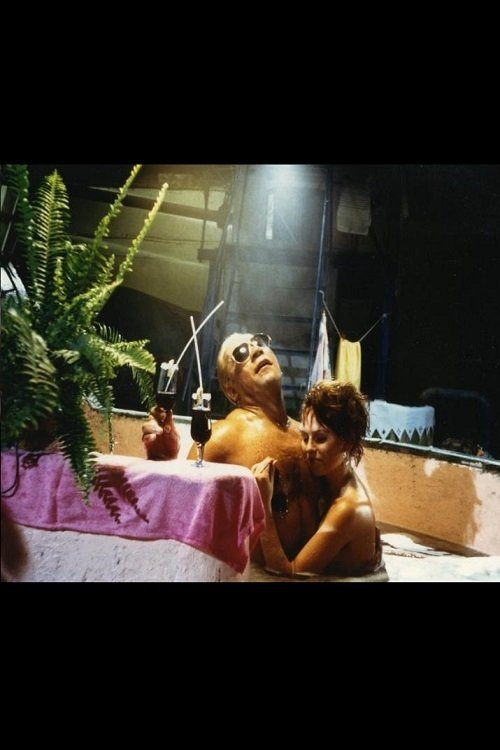
A former goldminer who has run afoul of the law is made an unusual offer by the mafia. The power of money and popularity among women won't let him step down from the rollercoaster in order to make the right decisions.
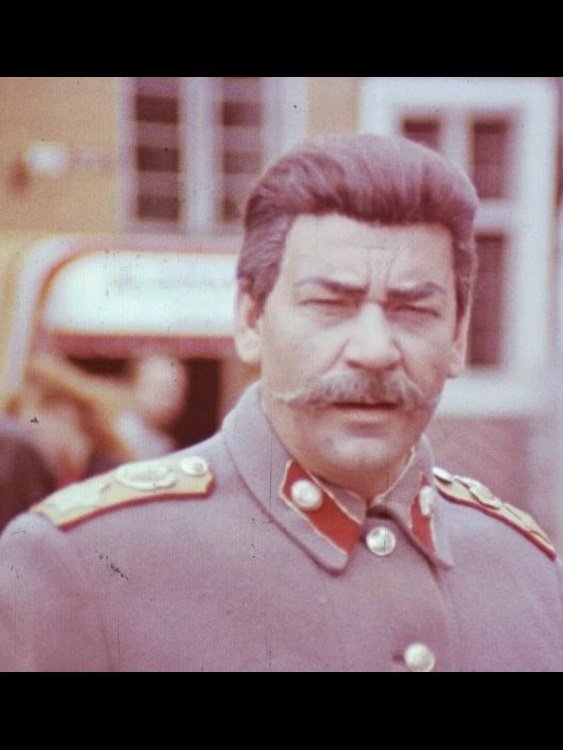
Occupied Estonia. Stalin and his time, when poets wrote stories and poems to Stalin. The tribunes appealed to Stalin as the "great friend of the Estonian people", but for the majority of the people Stalin's name embodies the violence and lies that hit Estonia, leaving no area untouched, invading every human being as a vampire.
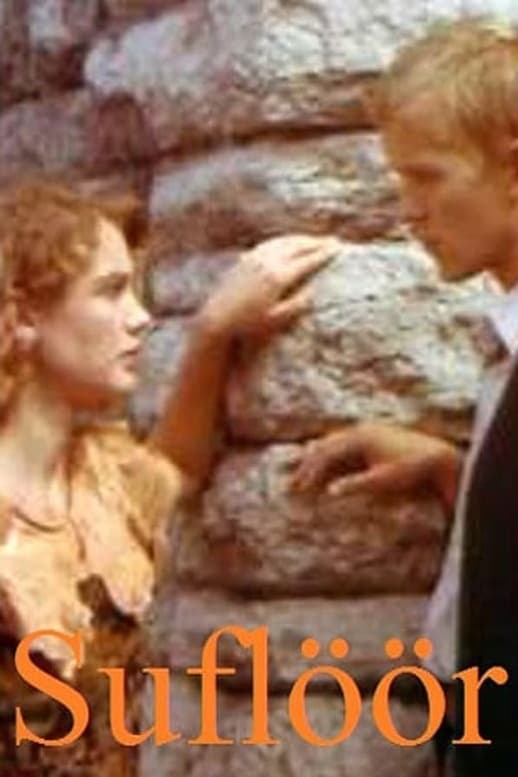
The last film directed by Kaljo Kiisk has been dedicated to theatre and the people in theatre. You are entering the hectic world of musicians, zanies and jesters - and don't expect to hear a symphony but a single delicate sound of a flute.
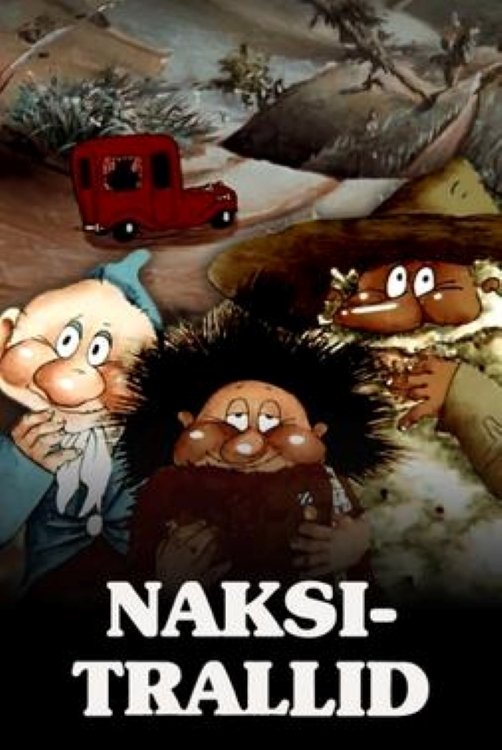
Three Jolly Fellows tells of the adventures of three small men in a world that borders on the fantastic: the composed and close-to-nature Mossbeard, the irritable city dweller Halfshoe, and the sensitive poet Muff.
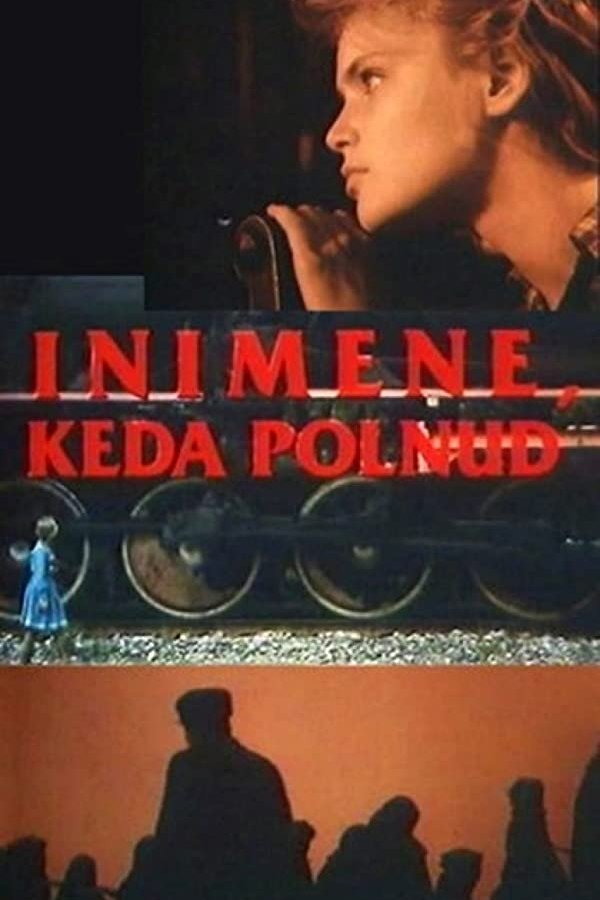
In the final weeks of the existence of the Soviet empire, a number of unusual films were released. In this wry Estonian comedy, a woman with an unusual talent for mimicry which eventually earns her a career on the radio between WWII and the Russian resettlement of that country (with a corresponding deportation of millions of Estonians to Siberia). In an absurd fashion, her self-generate sound effects help her get out of all sorts of scrapes with the authorities. When those fail, her incredible nonchalance succeeds. By the end of the film, it becomes clear that she has bestowed her inimitable imitative gift on her newborn son, as well.
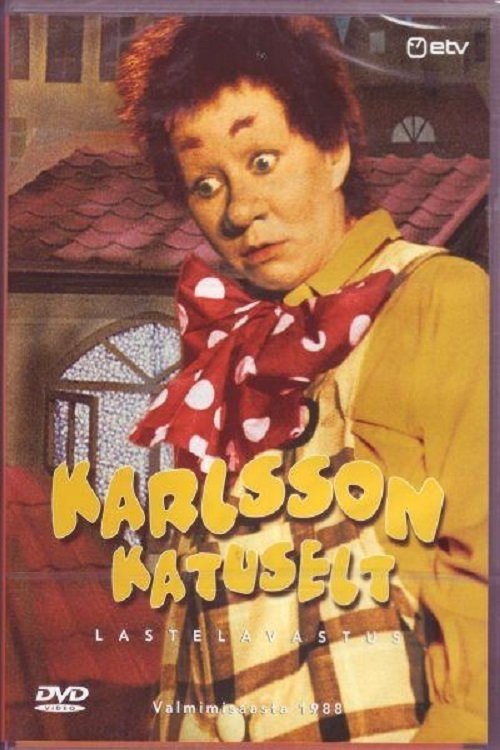
Karlsson is a very short, portly and overconfident man who lives in a small house hidden behind a chimney on the roof of a very ordinary apartment building on a very ordinary street in Stockholm. When Karlsson pushes a button on his stomach, it starts a clever little motor with a propeller on his back, allowing him to fly. Karlsson is the best at everything, at least by his own account. In actual fact there is one thing at which he excels: being a playmate to a young boy named Svante, nicknamed Lillebror (little brother), who lives in the apartment building with his family. Karlsson is quite mischievous, often getting Lillebror in trouble, but everyone in the end – even Lillebror's family, his cranky uncle, and their dour housekeeper – grow to like Karlsson and appreciate his sense of humour, energy, and good nature.
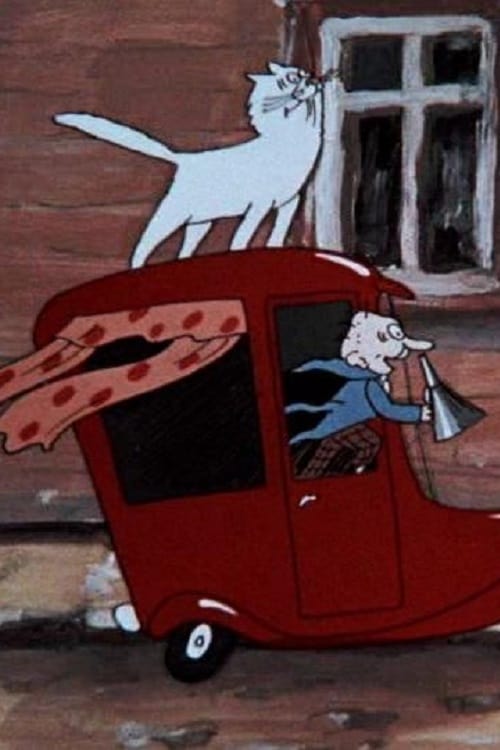
The second part of the film based on Eno Raua's children's book of the same name, which tells about the activities of three jolly fellows - Sammalhabe, Kingpool and Muhvi. The movie viewer can join their exciting adventures in saving the city from the rats.
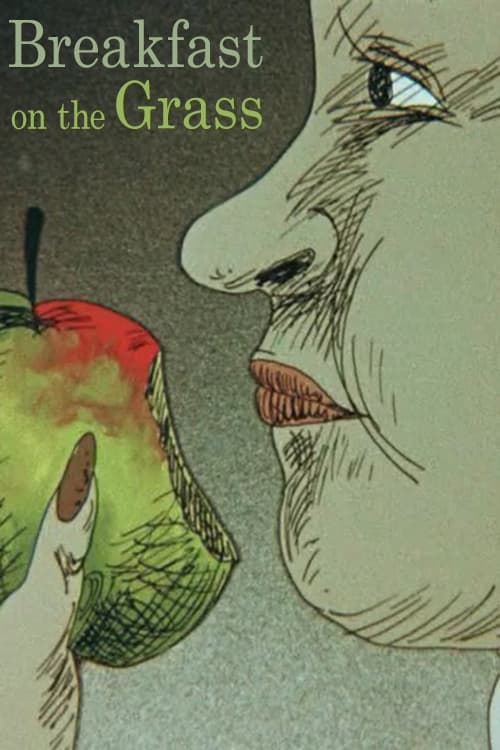
Several episodes, each focusing on a different figure. Towards the end they all come together to replicate the famous painting by Édouard Manet that provides the title.
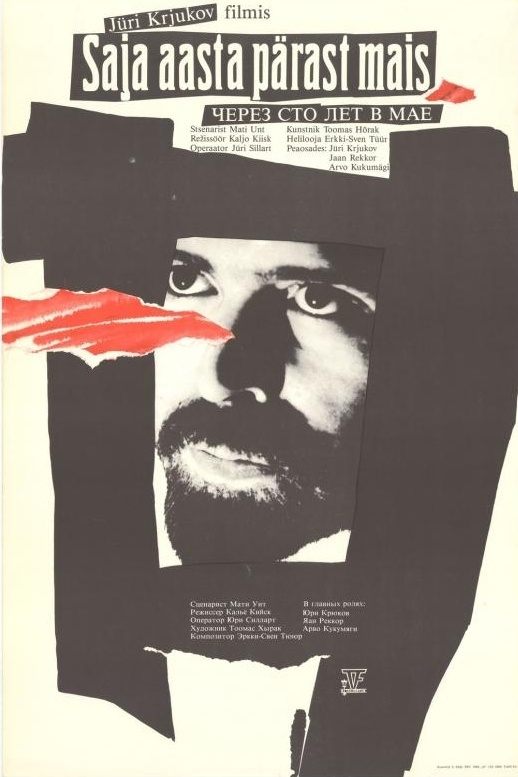
Viktor Kingissepp has been the underground head of the Communist Party of Estonia for three years. He corresponds with Moscow, writes speeches for the members of the Communist Workers' Party and makes leaflets for the events of trade union. His purpose is to overthrow the Republic of Estonia since he does not believe in Estonian independence nor in any national ideals. Yet the clock keeps ticking, tuberculosis spreads rapidly, the world revolution is being postponed. What to do in order to make one's efforts work?
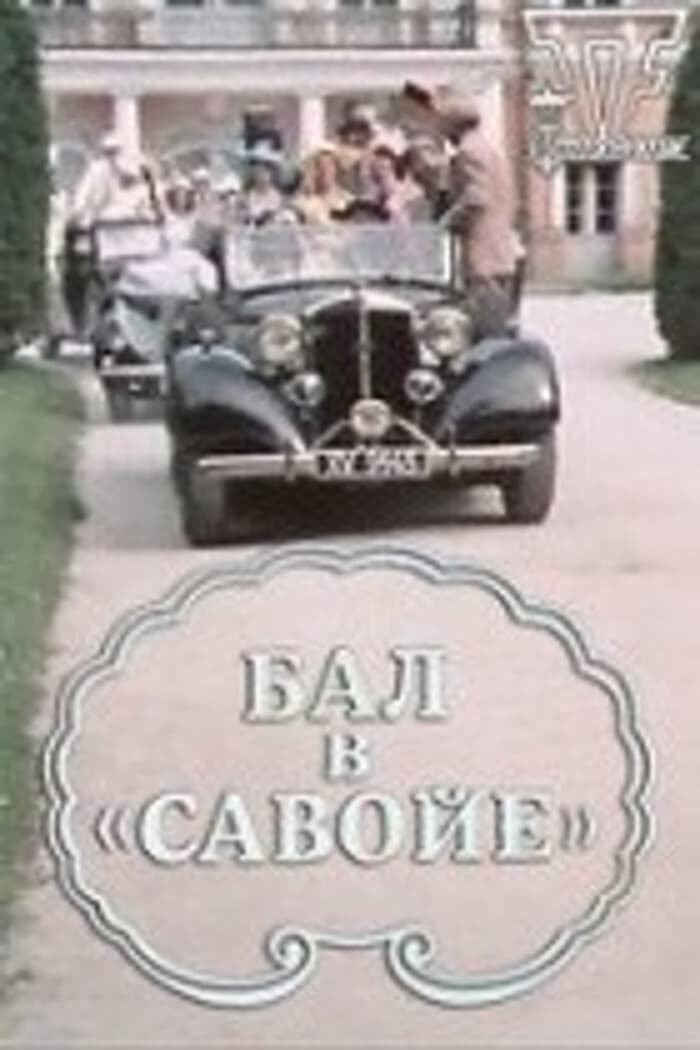
The aristocratic couple de Faublas returns from the honeymoon, but instead of domestic peace, they are intrigued by old relations. Love and jealousy, fidelity and infidelity, small- and big lies are emitting fine ladies and gentlemen, flooded by song, dance, jokes and sparkling wines, into the vortex of the Savoy Ballroom.
Jüri Krjukov (September 5, 1954 – October 18, 1997) was an Estonian actor. Jüri Krjukov was born in Tallinn to Igor Krjukov, an engineer of Russian origin, and Maria Krjukov (née Pirson), who was Estonian. He had an older brother Oleg, seven years his senior. When he was six-months-old, his father died and his mother supported the family by working as a hairdresser. In 1968, aged fourteen, Krjukov made his film debut in a starring role as Ilmar, an Estonian boy in the Pioneer organization, in the Aleksandr Kurochkin directed Russian language children's film Passenger from the "Equator". After filming, he returned to his studies at the Tallinn Secondary School No. 7 (now, Tallinn English College), graduating in 1972. Afterwards, he enrolled at the Tallinn Conservatory to study acting under instructor Voldemar Panso, graduating in 1976. His is graduating classmates included: Merle Karusoo, Ago-Endrik Kerge, Urmas Kibuspuu, Kalju Orro, Anne Paluver, Külliki Tool, Lembit Peterson, Priit Pedajas, Eero Spriit, and Peeter Volkonski. His diploma production roles were as Kägu in August Kitzberg's Kosjasõit and Director in Luigi Pirandello's Six Characters in Search of an Author
By browsing this website, you accept our cookies policy.